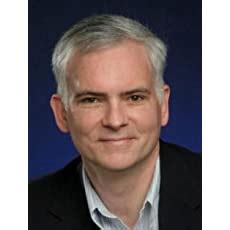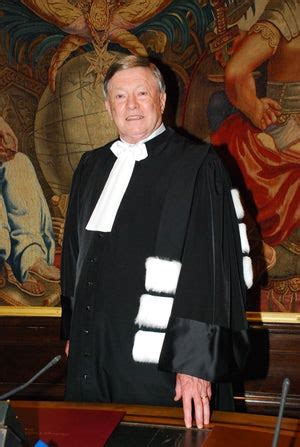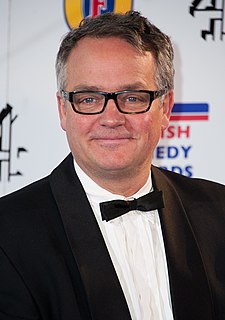A Quote by Robert B. Seidensticker
Beyond the earliest days of the religion, early Christians were believers because they'd been converted, not because they were witnesses to supernatural events, just like today. The 9/11 hijackers believed in Paradise for martyrs, but that doesn't mean that that's true. We have no good reason to imagine that eyewitnesses wrote the gospels rather than someone simply documenting the Jesus story as it had developed within their church community.
Quote Topics
Because
Been
Believed
Believers
Beyond
Christians
Church
Church Community
Community
Converted
Days
Developed
Documenting
Earliest
Early
Events
Eyewitnesses
Good
Good Reason
Gospels
Had
Imagine
Imagine That
Jesus
Just
Like
Martyrs
Mean
Paradise
Rather
Reason
Religion
Simply
Someone
Story
Supernatural
Than
Today
True
Were
Within
Witnesses
Wrote
Related Quotes
The trouble with Christianity was that by about 150, there were hardly any Jews left in the Christian church, and so from that time until the last part of the twentieth century, the only people reading the gospels and interpreting the gospels and writing commentaries on the gospels were gentiles who were simply ignorant of the Jewish background, and I just thought they were prejudiced.
The early Christians' opponents all accepted that Jesus existed, taught, had disciples, worked miracles, and was put to death on a Roman cross. As in our day, debate and disagreement centred largely not on the story but on the significance of Jesus. Today nearly all historians, whether Christians or not, accept that Jesus existed and that the gospels contain plenty of valuable evidence which has to be weighed and assessed critically.
So often people will say that I converted to the Catholic religion. This is false. Although I was raised as a Protestant, I was never baptized and had never been a member of any church. I joined the Roman Catholic Church after I had written my Mass To Hope!During the night I dreamt the entire Lord's Prayer with chorus and orchestra. I jumped out of bed and wrote down what I had heard as accurately as I could remember. Because of this event I decided that I might as well join the Catholic Church because someone somewhere was pulling me toward that end.
I guess you have to be a little arrogant to be a writer. I decided early on that just because a lot of other writers were bothered by getting bad reviews didn't really mean that the things were particularly important. By the same token, the good ones didn't mean all that much either. So I just forget about reviews and I wrote what I wanted.
In 56 A.D. [the apostle] Paul wrote that over 500 people had seen the risen Jesus and that most of them were still alive (1 Corinthians 15:6ff.). It passes the bounds of credibility that the early Christians could have manufactured such a tale and then preached it among those who might easily have refuted it simply by producing the body of Jesus.
The New Testament is an invaluable book, though I confess to having been slightly prejudiced against it in my very early days by the church and the Sabbath school, so that it seemed, before I read it, to be the yellowest book in the catalogue. Yet I early escaped from their meshes. It was hard to get the commentaries out of one's head and taste its true flavor. [...] It would be a poor story to be prejudiced against the Life of Christ because the book has been edited by Christians.
The idea of separating church and state by the Founding Fathers of America was freedom from the domination of one form of religion, because many of them left England, because they were persecuted by the church, because they want to express their Christian faith in a different way. So it was a bit of warfare between Christians.
There was a reason these boys were still alive, though. Something made them stronger than the other kids, the ones who had died in the early days, who had simply lain down and given up, unable to cope with the terrible things that were happening in the world. These boys were survivors. The will to live was stronger than any other feelings.
Isn't it interesting that in Acts 11, at the end of verse 26, it says, "The disciples were called Christians first at Antioch." What I find interesting is the simple thought that the Christians didn't name themselves. But rather, they were called (or named) "Christians" by those watching their lives. I wonder if it would be the same today. Could someone look at your life or look at my life and name me a Christian? A humbling thought for sure.


































